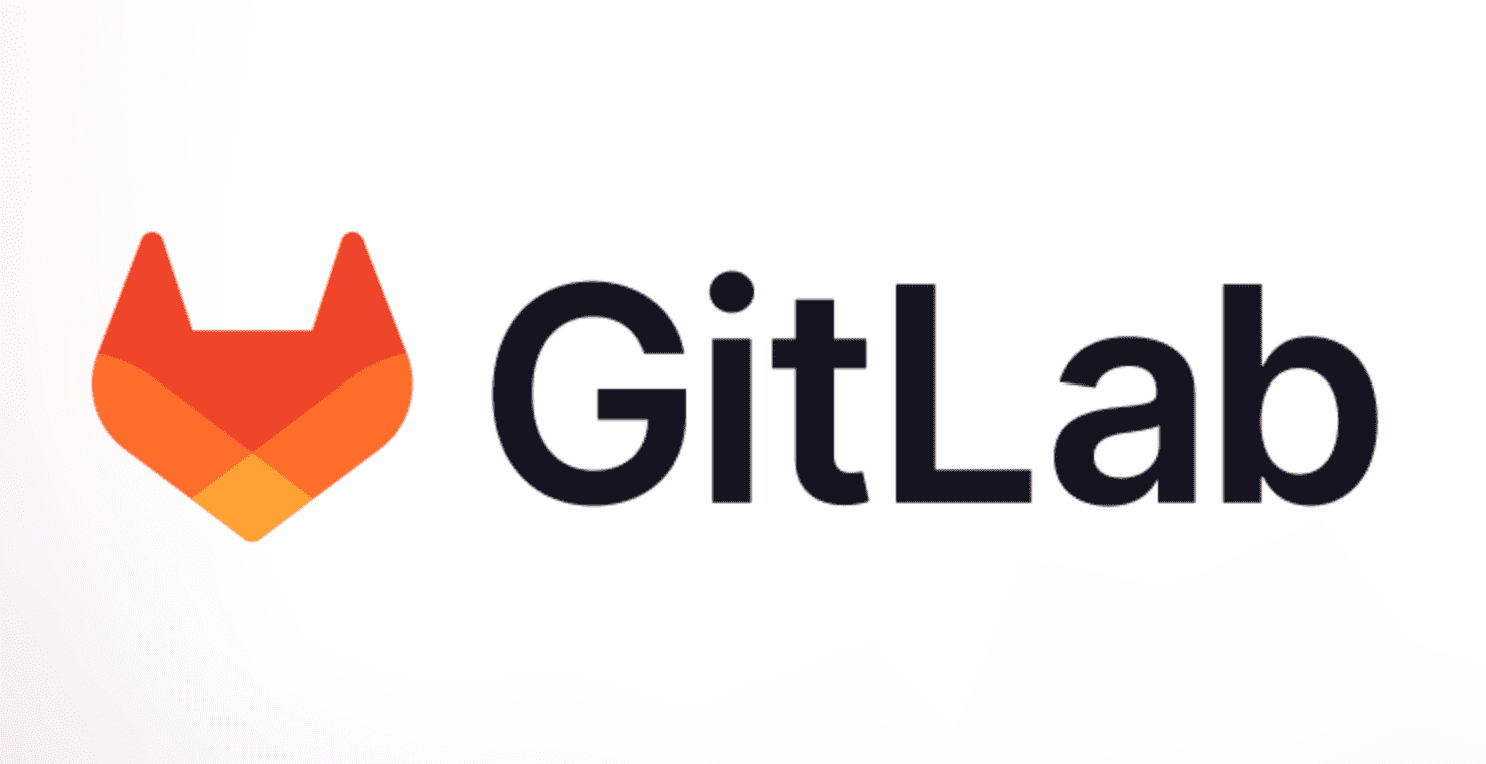GitLab Patches Vulnerabilities, Users Urged to Update Immediately

GitLab, the popular DevOps platform, has released critical security updates for versions 16.10.1, 16.9.3, and 16.8.5 of its popular Git management software. These patches address vulnerabilities that could expose users to attacks ranging from malicious code execution to system outages.

Key Vulnerabilities Patched
While no “Critical” vulnerabilities were included in this update, GitLab has fixed two security flaws that should not be underestimated:
- CVE-2023-6371: “High” Severity XSS in Wiki Pages: This vulnerability could allow an attacker to inject malicious code into Wiki pages. When viewed by unsuspecting users, this code could execute, potentially stealing credentials, altering content, or taking other harmful actions.
- CVE-2024-2818: “Medium” Severity DoS via Emojis: Attackers could carefully craft messages containing emojis in a way that overwhelms GitLab systems, causing a Denial-of-Service (DoS). This could disrupt collaboration or even take critical workflows offline.
Call to Action: Upgrade Now
Both GitLab Community Edition (CE) and Enterprise Edition (EE) users are affected and must prioritize updating to the latest patched versions. The longer you wait, the more time attackers have to potentially exploit these weaknesses.
Beyond the Headlines
GitLab’s proactive disclosure, including crediting the security researchers who discovered the problems, highlights the importance of responsible vulnerability reporting. Additionally, this update includes:
- PostgreSQL Upgrade: Improves security and performance of the underlying database.
- Bug Fixes: Addresses various stability and usability issues.
Staying Secure with GitLab: Best Practices
Updates are crucial, but don’t stop there. Here’s how to enhance your security posture with GitLab:
- Secure Software Development: Follow secure coding practices, integrate vulnerability scanning tools into your development pipeline, and thoroughly test for vulnerabilities before deploying code.
- Educate Users: Train your team on phishing and social engineering techniques, as these are often how even the most secure systems get compromised.
- Monitor for Updates: Subscribe to GitLab’s security advisories to stay on top of the latest patches and vulnerabilities.





